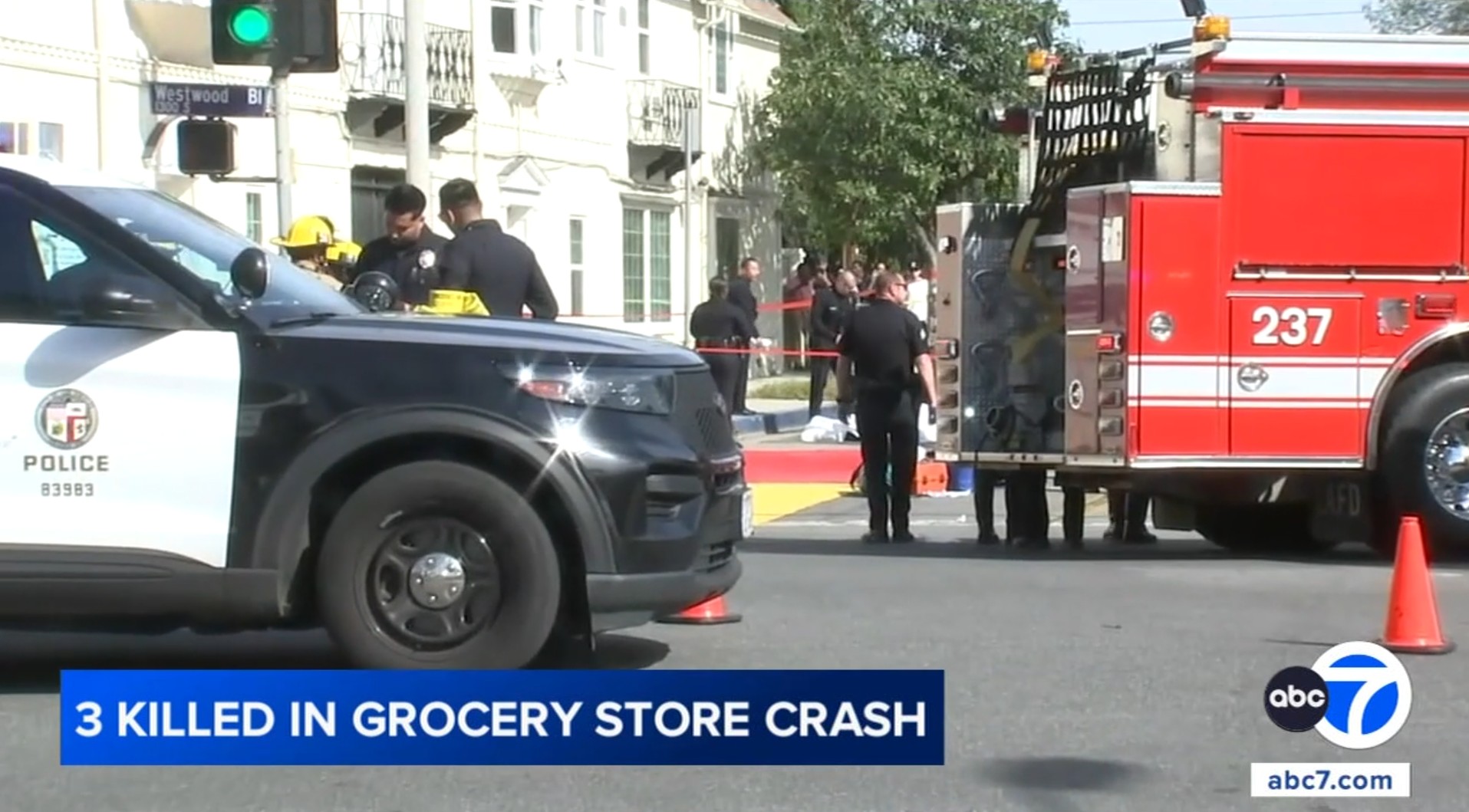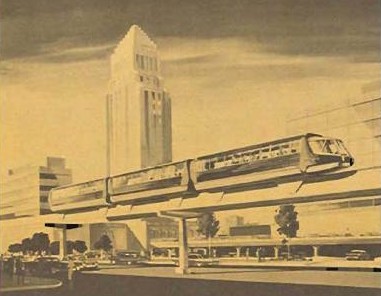It's one version of an urbanist's dream: a 125-acre sanctuary where walking and biking are the primary mode of transportation; a community of narrow streets where cars don't intrude.
Well, one man is seeking to make that vision a reality rural Maine. Tracy Gayton, a former Maine banker, has given his vision the title Piscataquis Village, and built a design philosophy around the insights of Nathan Lewis at New World Economics and J.H. Crawford at Carfree.com. Gayton is recruiting individual investors, in a Kickstarter-like model, to raise $2 million -- the amount he estimates is needed to clear regulatory hurdles and buy 500 acres in Maine's Piscataquis County. (Of that land, 375 acres will be for agriculture, parks and car parking outside village lines, so residents will still be availing themselves of the auto.)
Emily Washington at Network blog Market Urbanism points out that this type of development, unfortunately, might not even be possible in a more developed environment thanks to inflexible zoning codes that protect the primacy of cars:
To me, this case illustrates the effectiveness that covenants have for shaping land use over an area broader than individual lots without the coercion of zoning.
Tracy has created a presentation on the preliminary objectives for Piscataquis Village. He writes: "We envision a settlement evolving organically and growing incrementally. Those people or groups of people that wish to pursue their own, various versions of the Good Life within the bounds of the Village are welcome."
This project reminds me a bit of seasteading, the libertarian vision of a bottom-up society living on a water vessel to escape government coercion and violence. While I believe that most of the initial Piscataquis Village investors are from Maine and wish to continue living there, the projects’ rural location draws attention to the impossibility of a similar village emerging in the open space of, say, Howard County or Loudoun County because the realities of the political planning process would make it impossible to escape street width, parking, and setback requirements.
Elsewhere on the Network today: Charlottesville Tomorrow reports that a Virginia Supreme Court ruling has handcuffed the state's planning commissions. World Streets says the transportation reform movement should adopt the "slow" mantra that has revolutionized thinking about food choices. And Stop and Move explores how the lack of resources and public input can lead to mediocre planning results.







